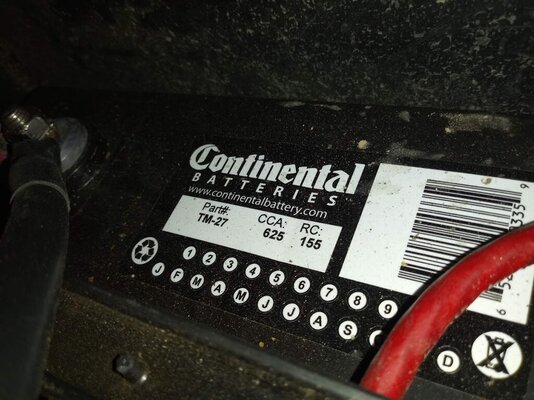Hi All,
I just bought an RV, and I think the Inverter might be out:
Diagnosis Steps Taken:
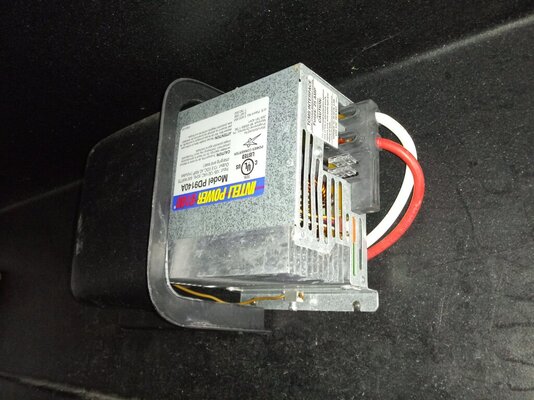
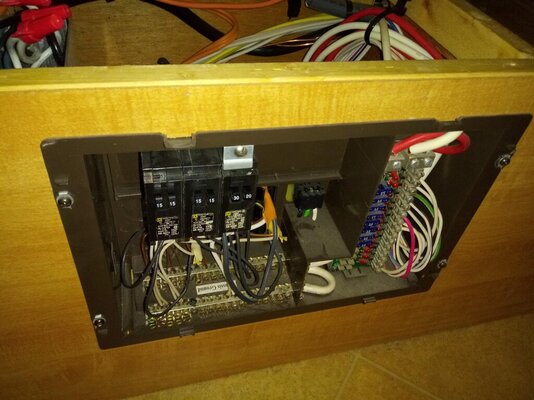
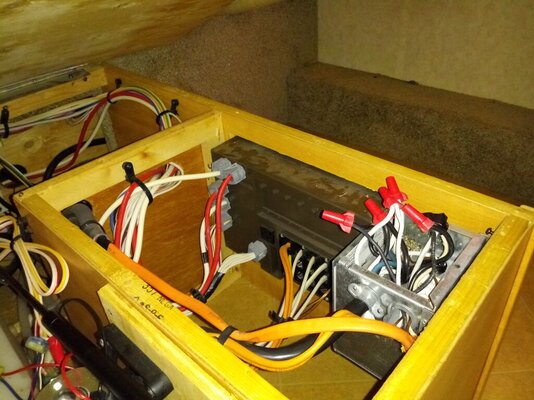
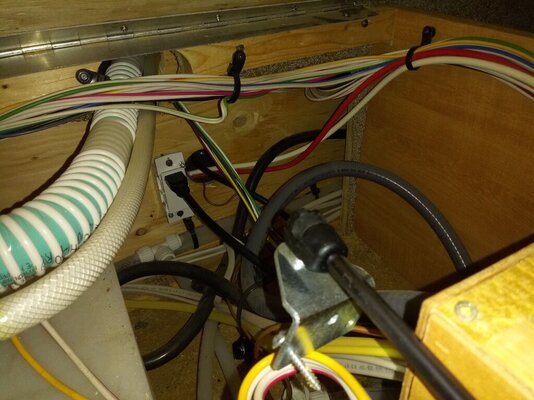
I just bought an RV, and I think the Inverter might be out:
Diagnosis Steps Taken:
- DC 12V Power Works fine (lights, water pump, etc).
- AC Power worked, when hooked up to house power, including Air Conditioning, Microwave, Plugs, etc. This is how I bought the RV about 1-week ago.
- I now suspect the seller knew the AC power didn't work, when not hooked up to external power, and obscured that by not showing anything AC working while not hooked up. He ignored my text asking if I was flipping the correct switch... You live, you learn I guess. I still think I got a good deal, even if the inverter is dead.
- It seems like everything on the fuse-box should theoretically be working fine, if everything powers up when hooked up to external AC power.
- Flipping the red switch next to the battery-power switch appears to do nothing (with battery power on), and that switch doesn't light up.
- I flipped all of the breaker switches under the bed.
- 12.1v of power is going to the wires, in the inverter (tested with electric meter).
- Unknown if any AC power is going out of the inverter; I can't access the back without removing the inverter.
- I replaced both 25amp fuses on the inverter to be safe. Neither fuse appeared to be blown, which I guess is what it's supposed to do if +/- is hooked up backwards.
- Unknown if any AC power is going out of the inverter. I might be able to check late tomorrow, when the contactless AC Power Detector (this: Southwire Tools 40116N NCV Detector 100-600V AC - - Amazon.com) arrives tomorrow.
- I plugged into 3-prong outlet in back of the breaker-box, and no power there.
- Photos of Inverter, Fuse Box, etc below.
- Is there anything else I should check? Other than using the voltage detector?
- Is there an AC fuse somewhere? Could the 30A breaker be blown?
- Am I possibly doing something stupid like flipping the wrong switch to turn on AC power?
- I may eventually add solar. RV has a 5k watt generator.
- Almost certainly will add about $2000 to $3000 in lithium batteries soon. I have the budget, just haven't done the complete research yet.
- I know some people switch to 24 or 36v. Is that worth it? Does that require a different inverter? (This isn't high priority, I'm just thinking ahead).
- I might wish to sometimes run at once: refrigerator, 1x A.C. unit (in Texas), Power-hungry Desktop Computer, Dual Monitors, Wireless booster, Water Pump, and small electronics at once. It's probably better if I can mostly run off extrenal power, but lets say this is possible. Am I likely to need an inverter with certain specs?
- The RV is a 2006 Forest River Sunseeker, 30-amp input, Currently has an Inteli Power Model PD9140A.




Last edited:

